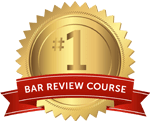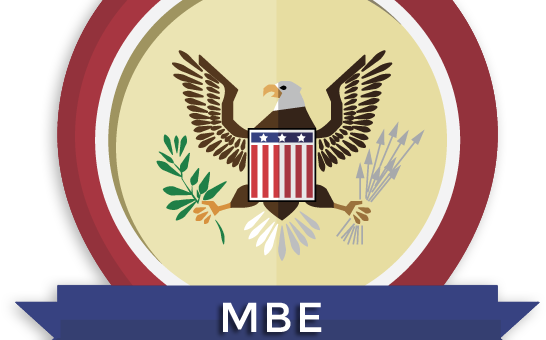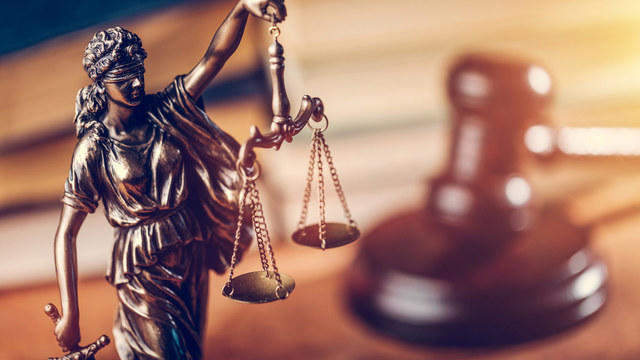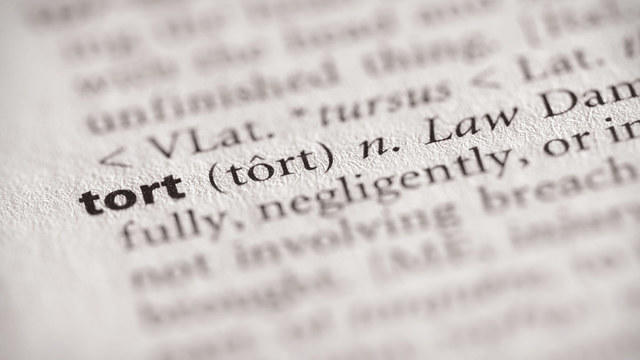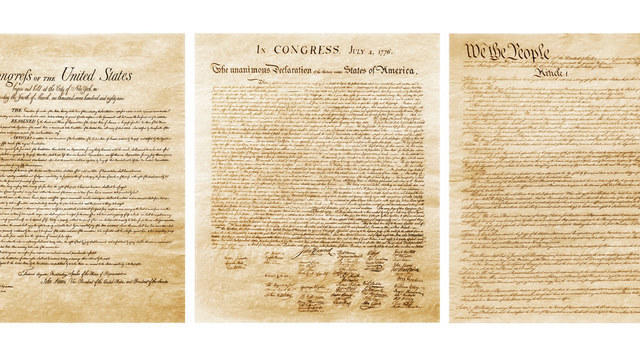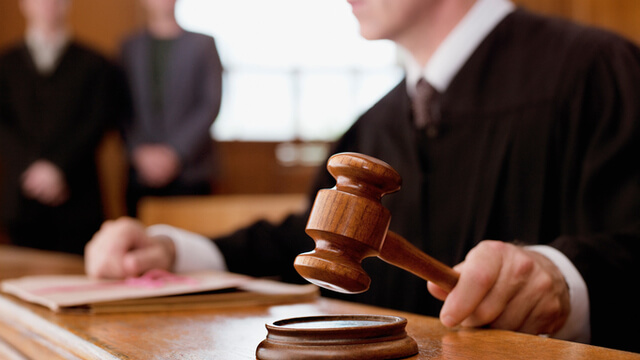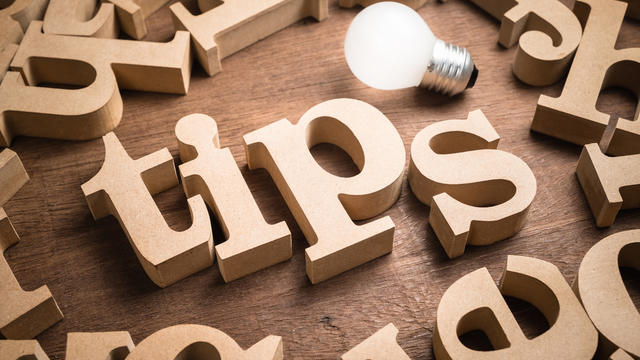The Multistate Bar Examination (MBE) is developed by the National Conference of Bar Examiners (NCBE). To understand the exam's scoring and instructions, or to obtain sample outlines and questions, download the MBE information booklet from the NCBE website.
When studying for the MBE, think of it as a game. Focus on playing rather than studying. Play the MBE every day with 34 questions at a time for as many weeks as possible before the exam. With BarMax, students get 1,750+ real MBE questions from previous bar exams, licensed directly from the NCBE. Unlike other bar prep courses, BarMax provides real questions only, so you know the questions you practice on are written by the same minds that write the questions you will see on the actual bar exam.
The MBE consists of two 3-hour (180 minutes) sessions-one session in the morning (9am - 12pm), a one-hour break, and another session in the afternoon (1pm - 4pm). There are 100 questions in each session. While practicing, make a spreadsheet to track your progress and write down the number of questions you answer correctly (e.g. 10/34 = 29%). If you are using BarMax, the app will track your progress for you. The goal is to complete 17 questions in 30 minutes with 70% or better accuracy (i.e. - 24/34). Love your mistakes and make them now while you are preparing, as opposed to on test day.
The NCBE booklet outlines frequently tested issues for the 7 tested subjects (i.e. Civil Procedure, Crimes, Contracts, Constitutional Law, Evidence, Real Property and Torts). Keep in mind the MBE is a national exam. This means you should ignore local laws and instead learn prevailing majority and minority views. Seven separate subject matter committees draft the MBE questions, so practice each subject separately.
The MOST important part of practicing MBEs is not the number of questions you complete, but rather it is studying the questions you have finished. Zero-in on the reasons why you missed a question and understand the answer to every question. This will help you learn the law and catch patterns. Even if you get a question right, you should still review the answer to ensure that you answered it correctly because you understood the question as opposed to random guessing. This approach will give you a look into the mind of the test makers.
Ask yourself: (1) Why did I pick this answer? (2) Why is the correct answer correct? (3) Why are the incorrect answers incorrect? (4) Do I know the law? (5) Did I inappropriately assume facts? (6) Did I read carefully?
Example MBE question:
Plaintiff, a jockey, was seriously injured in a race when another jockey, Daring, cut too sharply in front of her without adequate clearance. The two horses collided, causing Plaintiff to fall to the ground, sustaining injury. The State Racetrack Commission ruled that, by cutting in too sharply, Daring committed a foul in violation of racetrack rules requiring adequate clearance for crossing lanes. Plaintiff has brought an action against Daring for damages in which one count is based on battery.
Will Plaintiff prevail on the battery claim?
- Yes, if Daring was reckless in cutting across in front of Plaintiff's horse.
- Yes, because the State Racetrack Commission determined that Daring committed a foul in violation of rules applicable to racing.
- No, unless Daring intended to cause impermissible contact between the two horses or apprehension of such contact by Plaintiff.
- No, because Plaintiff assumed the risk of accidental injury inherent in riding as a jockey in a horse race.
Most students can get this question down to answer choices (C) & (D). Can you distinguish between the two? Why is one correct and why is the other incorrect?
Play the MBE as you would any other game. You will get addicted and have more fun studying for the bar exam, and this will help you maximize your MBE score!
